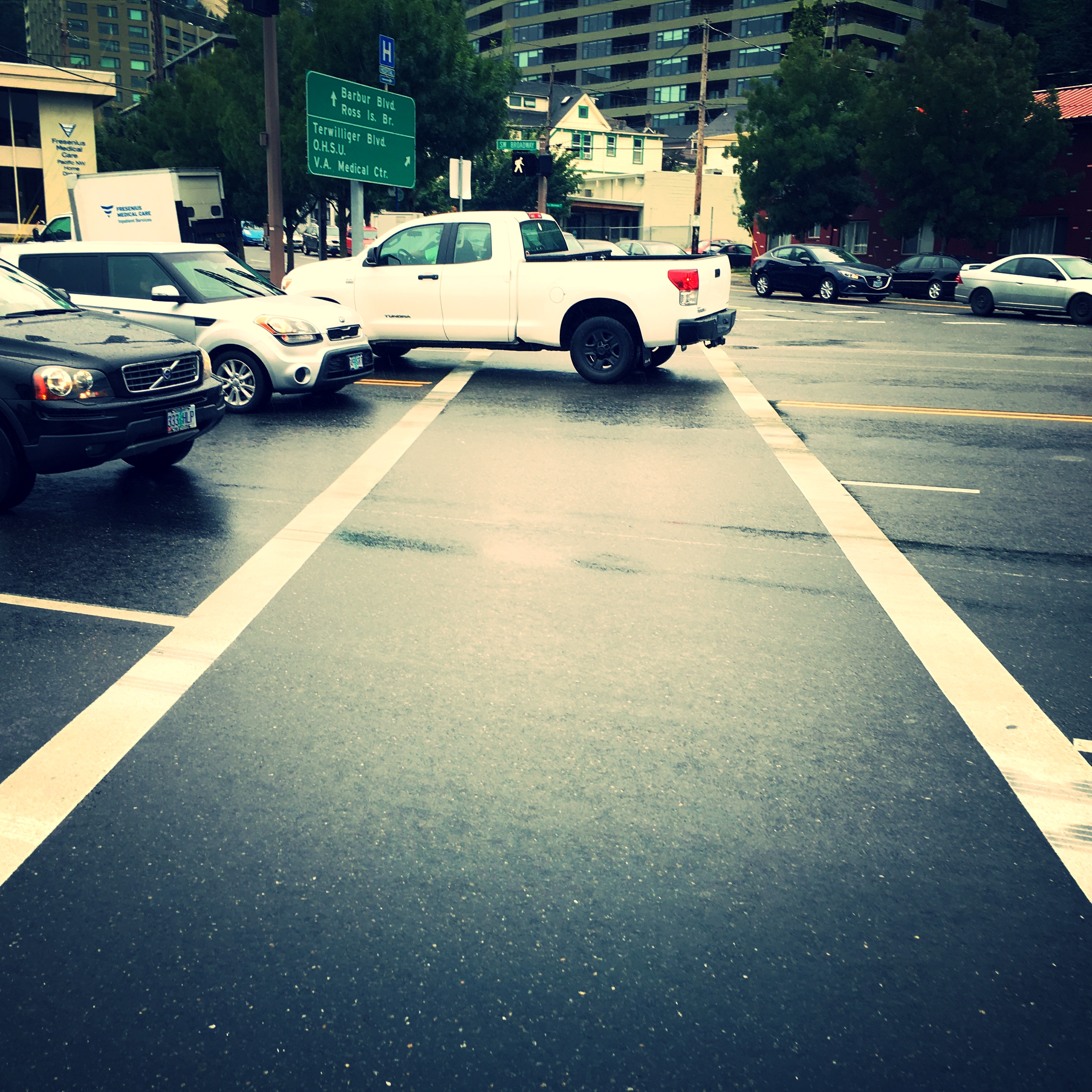This week the rain has returned, and so have the numerous terrible drivers that continue to speed through the rain. You would think that Portland Oregon drivers would be excellent drivers in the rain. However, it appears just the opposite is true.
Many drivers drive too fast in the rain and then cause a crash. Many of these crashes during rush hour are rear end collisions. These rear end collisions often can cause soft tissue injuries to a person's neck (whiplash type injuries), back, and often the driver's left shoulder can be injured from the seat belt tightening. Some of the crashes can be more serious resulting in significant injures.
The "bad drivers" that cause the crash probably feel horrible for causing a crash and injuring a person. However, they may be surprised if they get a ticket even if they were going the posted speed limit in the rain. They also may be surprised if a personal injury lawyer like myself files a lawsuit claiming they were negligent even though they were going the posted speed limit in the rain.
This is due to the fact that there is a "basic speed rule" in Oregon. ORS 811.100 is a law that notes a person violates the law if they drive a vehicle at a speed greater thaan is reasonable and prudent. The law then lists certain issues that a driver must account for in determining whether or not their speed is reasonable and prudent. These issues include weather, traffic, visibility, and other conditions. ORS 811.100 (4) specifically notes that a person may be given a traffic citation if their speed is lower than the posted speed limit.
The bottom line is that you should slow down to a reasonable speed in rainy conditions. If you don't and cause a crash you may face a traffic fine. Even worse you may injure someone and have to answer to a Personal Injury Attorney like myself to explain why you shouldn't be held accountable for injuring another person.
If you, or someone you know, has been injured in an Oregon car crash, call Portland Oregon Personal Injury Attorney Jeremiah Ross at 503.224.1658. Ross Law LLC provides free personal injury consultations and works on a contingency fee in personal injury cases. Please remember the law is constantly changing and it is best to contact a personal injury ticket.




